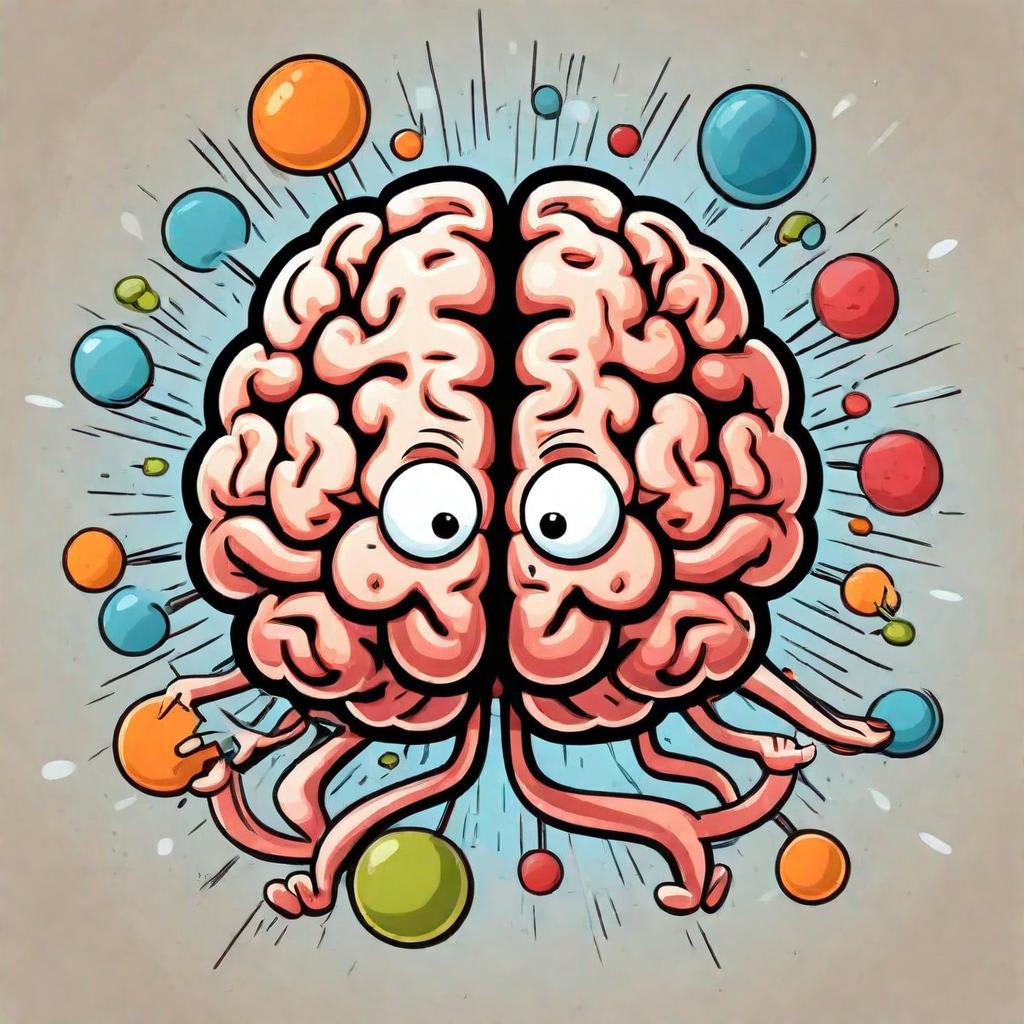
In the 19th century, amidst the bustling scientific inquiry of Victorian England, the field of neuroscience began to emerge as an area of intense exploration. Scientists of the era were delving into the intricate workings of the brain, attempting to unravel its mysteries and understand its connection to human behavior and experience. Amidst this flurry of activity, both legitimate research and pseudoscientific ideas flourished, creating a rich tapestry of investigation and speculation.
One prominent figure of this time was Franz Joseph Gall, a Viennese physician whose theories captivated the imagination of many. Gall proposed that certain character traits, such as religiousness or curiosity, were linked to specific regions of the brain. This theory laid the foundation for phrenology, a field of study that gained widespread popularity in the early 1800s. Phrenologists believed that the human brain was composed of distinct organs, each associated with different personality traits. They asserted that by examining the shape of an individual's skull, one could discern aspects of their character and temperament.
Despite its initial allure, phrenology was ultimately debunked as little more than pseudoscience. Critics pointed out the lack of empirical evidence supporting its claims, and the field fell out of favor by the mid-1800s. However, its legacy lingered, leaving an indelible mark on society and influencing perceptions of race, class, and individuality.
Phrenology's darkest misuse linked to scientific racism saw proponents leveraging skull measurements to justify discriminatory practices. Exploiting phrenological ideas, they propagated harmful stereotypes, backing oppressive systems like slavery and colonization. This distortion of science for ideology spotlighted the peril of pseudoscientific thinking, emphasizing the need for robust empirical inquiry.
Despite the shortcomings of phrenology, it did spark valuable discussions about the relationship between biology and behavior. Early phrenologists were onto something with their idea of functional specialization—the concept that different regions of the brain are responsible for distinct functions. This notion laid the groundwork for modern neuroscience, which has since advanced our understanding of the brain's structure and function through rigorous experimentation and technological innovation.
Key discoveries in the 19th century, such as Paul Broca's identification of the brain region associated with speech production and Gustav Fritsch and Eduard Hitzig's experiments on brain stimulation, paved the way for a more nuanced understanding of cerebral organization. As neuroscience continued to evolve into the 20th century, new technologies such as magnetic resonance imaging (MRI) and computed tomography (CT) scans provided unprecedented insights into the brain's inner workings.
Today, we have a far more sophisticated understanding of the brain than our Victorian predecessors could have imagined. We know that the brain is not composed of discrete organs as phrenologists believed, but rather a complex network of interconnected cells. Functional specialization remains a fundamental principle of neuroscience, but we now recognize that brain functions are distributed across multiple regions and are highly interconnected.
While phrenology may have been consigned to the annals of scientific history as a cautionary tale, its legacy serves as a reminder of the importance of critical thinking and empirical evidence in scientific inquiry. As we continue to unlock the mysteries of the brain, we stand on the shoulders of those who came before us, guided by the pursuit of knowledge and the quest to understand the intricacies of the human mind.





Comments
There are no comments for this story
Be the first to respond and start the conversation.